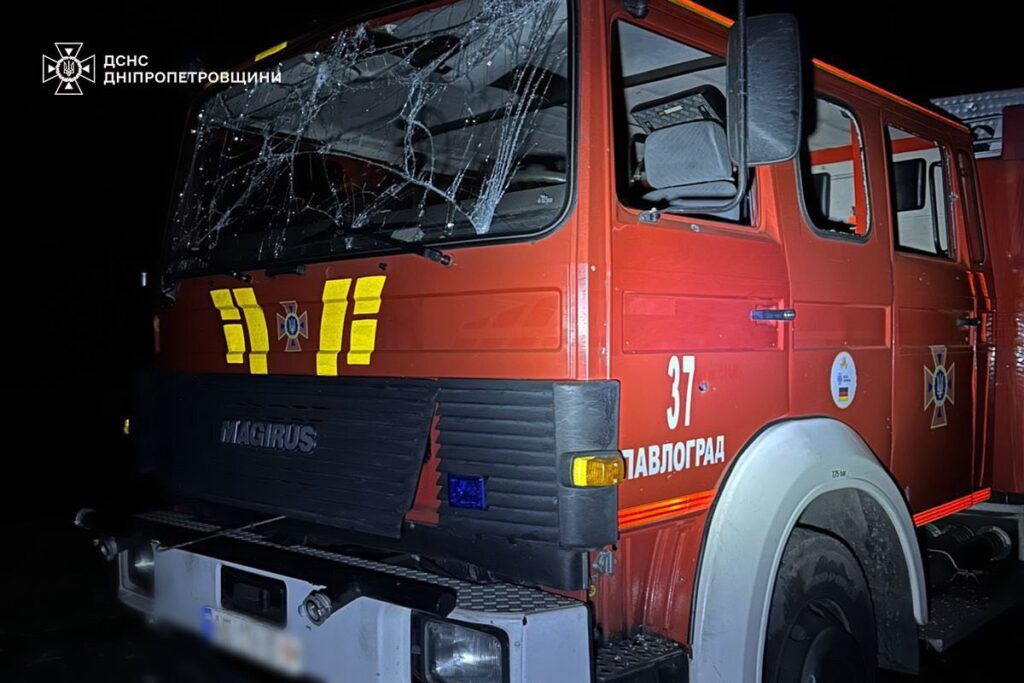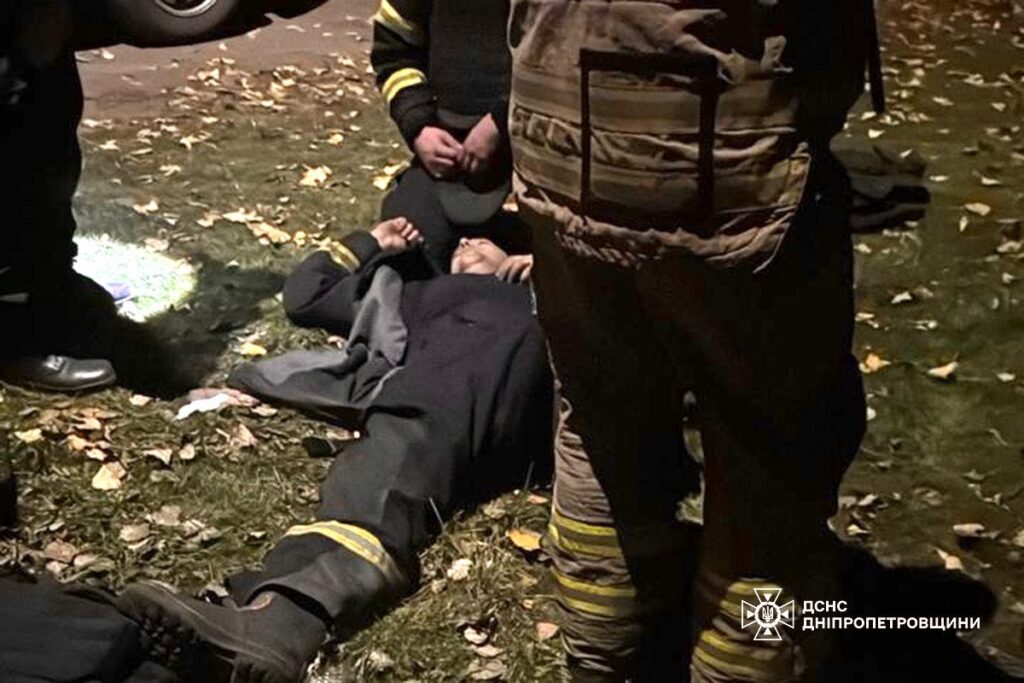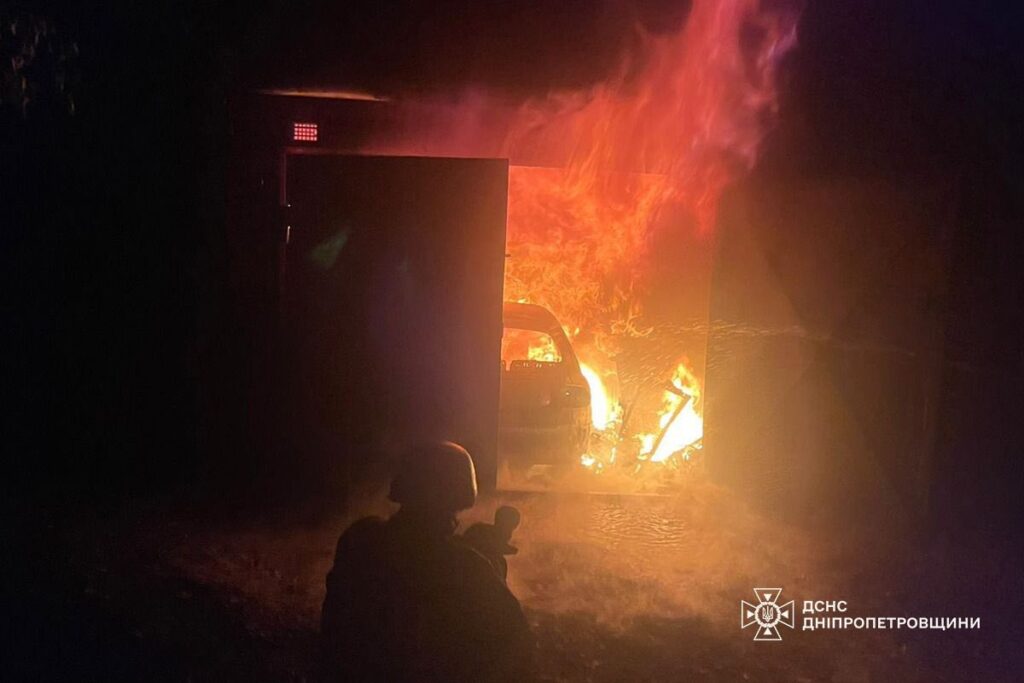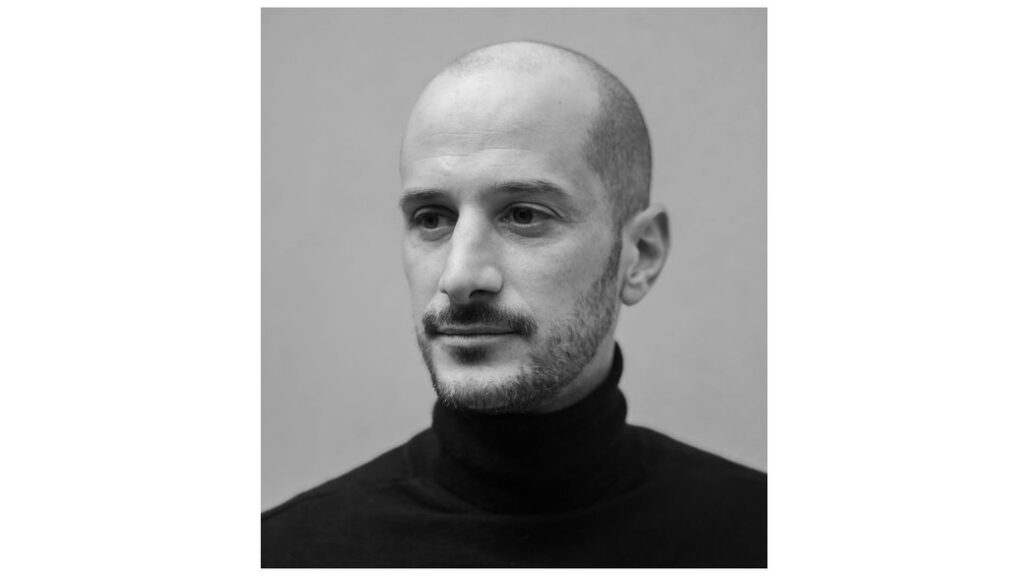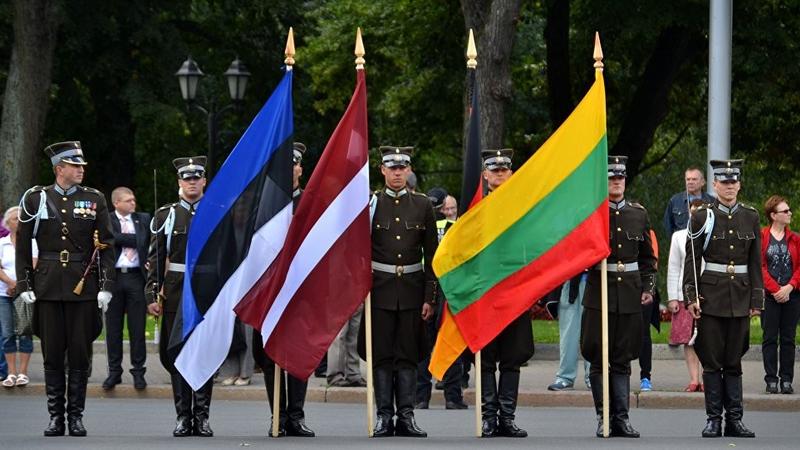Russia isn’t just stealing land—it’s stealing children, homes, and identities

A Russian official charged by the International Criminal Court (ICC) with the unlawful deportation of children openly described taking a Ukrainian teenager from Mariupol and "re-educating" him until he abandoned his Ukrainian identity.
The Institute for the Study of War (ISW) assessed that such actions may constitute genocide under the Convention on the Prevention and Punishment of the Crime of Genocide.
Maria Lvova-Belova, Russia's Commissioner for Children's Rights, gave the account in 6 October interview. She said she met 15-year-old Pylyp while "traveling through basements and collecting children who were under fire" in occupied Mariupol after Russia's full-scale invasion began in 2022.
Pylyp had lost his mother at age 10 and was living with a foster family. According to Lvova-Belova, when fighting started, that family gave him his documents and left him alone. He found Russian soldiers and asked for safety.
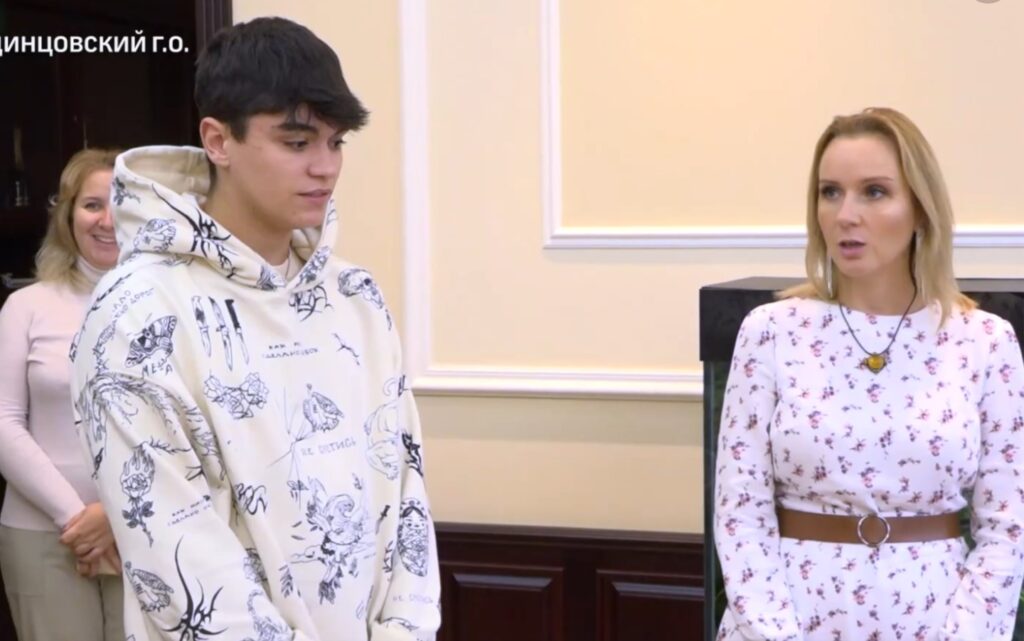
Lvova-Belova claims Pylyp agreed to live with her family. But she said he arrived traumatized from the shelling and began causing problems in her household. The issue, according to her account: Pylyp maintained what she called "a special attitude toward Russia"—negativity "which had long been cultivated in children in Mariupol schools."
In her telling, Pylyp told her he loved her but hated everything about Moscow and Russia. He didn't want to live in Russia. He loved Ukraine and read pro-Ukrainian websites. Lvova-Belova said she spent nights talking with him, telling him he needed to change his attitude now that he was in Russia.
Pylyp also sang Ukrainian songs, which Lvova-Belova claims he later admitted was an attempt to make her return him faster, to stop hoping his life could change.
Eventually, she claims, "changes in consciousness began" in the boy. Now he doesn't even want to return to Mariupol when he visits.
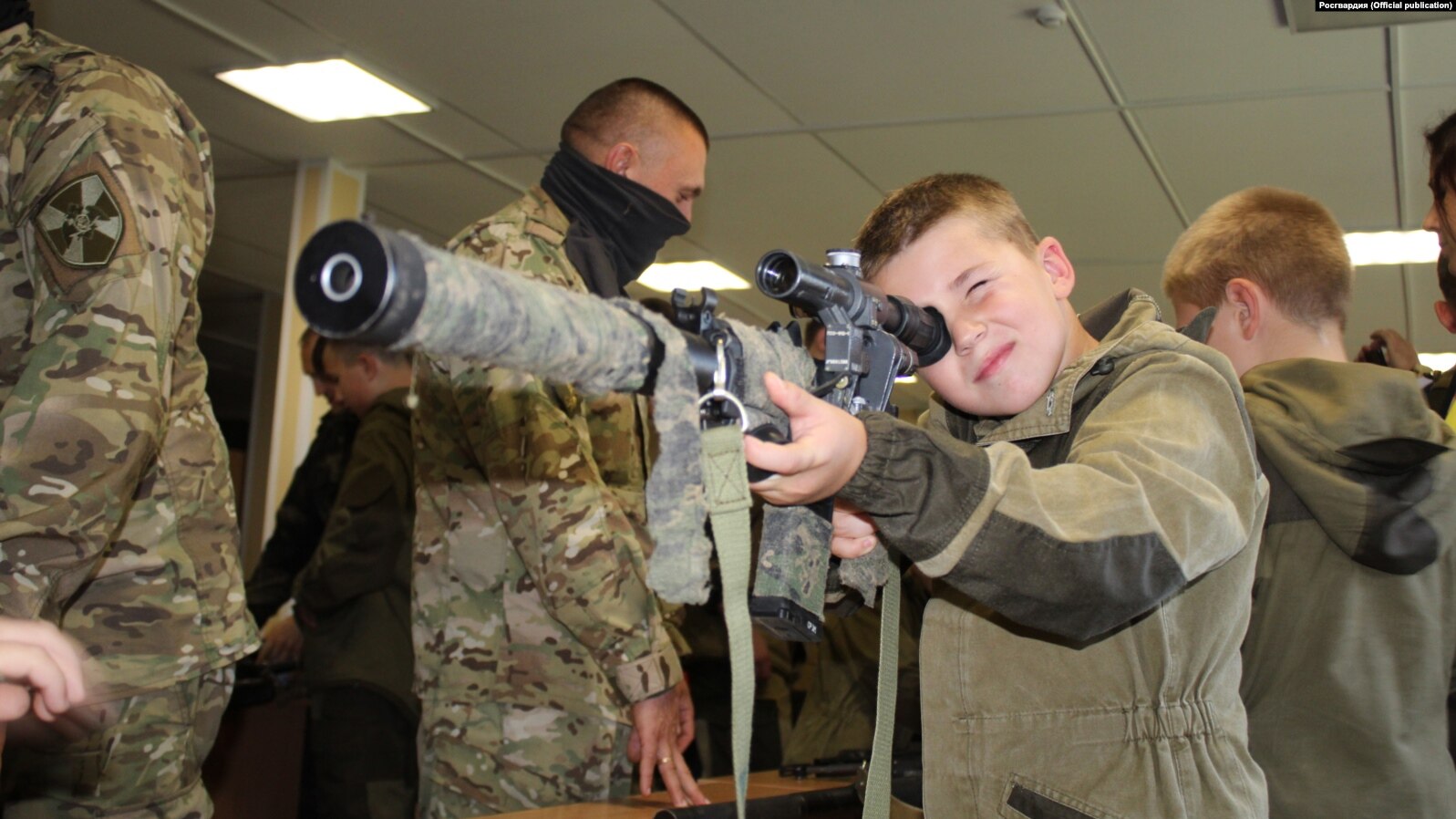
“Putin’s Hitler-Jugend.” Russia builds tomorrow’s army with stolen Ukrainian children, Yale lab reveals
This incident represents one example, that the ISW has documented, of how Russia works to eliminate Ukrainian identity and colonize both the land and minds of people in occupied territories.
Russia frames its relationship with Ukraine through claims of historic and cultural ties, with President Putin publicly denying Ukraine's status as a fully independent nation and describing Russians and Ukrainians as "one people."
Russia's goal extends beyond merely seizing land. The re-education of children like Pylyp, the militarization of Ukrainian youth on occupied territories, and the suppression of Ukrainian language and culture serve a long-term purpose: creating a population that identifies as Russian, accepts Russian narratives, and can be potentially mobilized as soldiers and supporters for further expansion.
The patterns reveal a coordinated approach spanning education and military indoctrination of children, population replacement, repression, and information control.
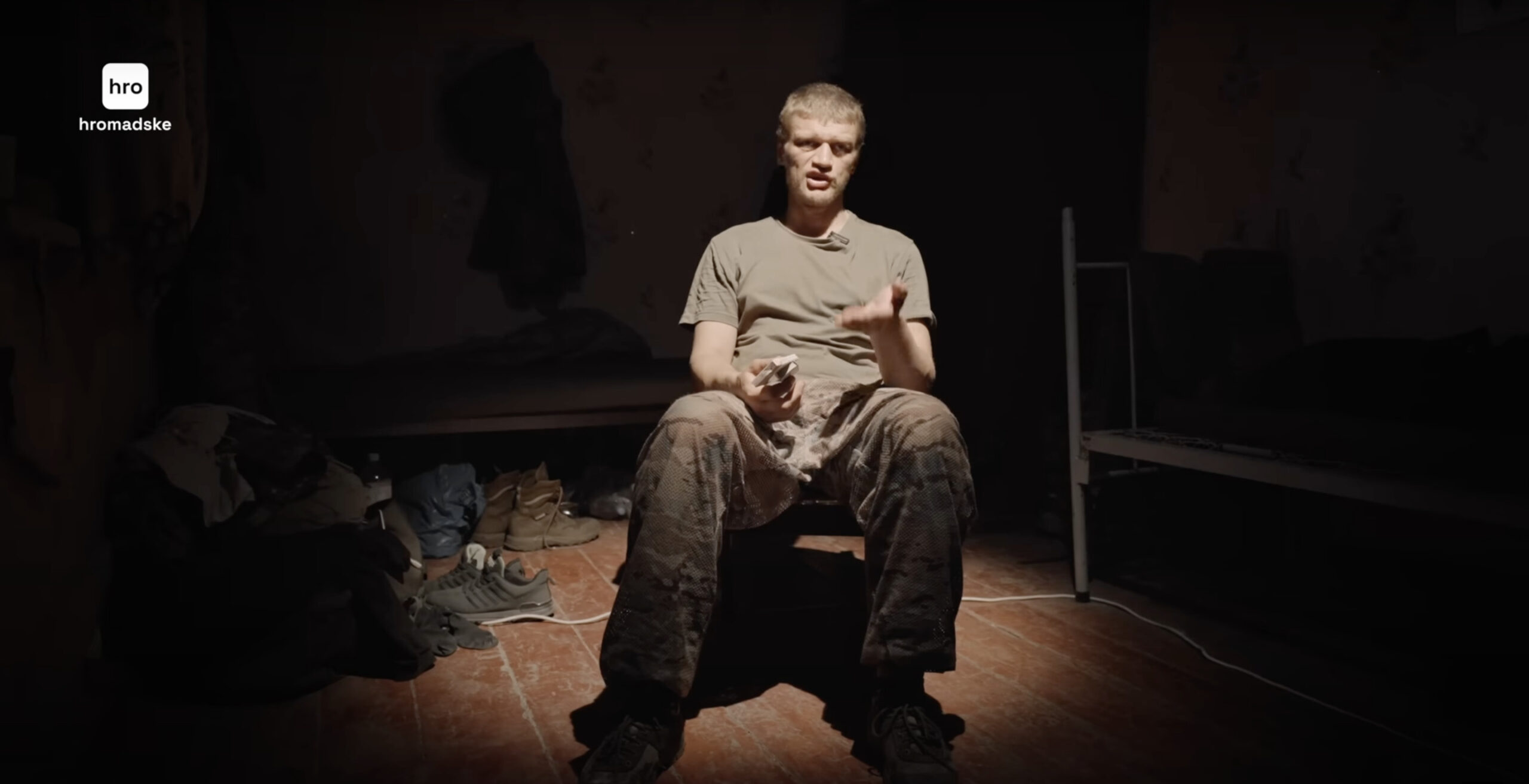
Ukrainian soldier first fought against Russia and then against Ukraine – his story reveals forced conscription in occupation
Occupation authorities threaten families who refuse Russian education
Families living under occupation face a basic dilemma: children need to go to school. Many of these children studied their entire lives in Ukrainian, learned Ukrainian history and read Ukrainian literature. But Russian occupation authorities now demand they switch languages, abandon their curriculum, and attend Russian-controlled schools.
Those who refuse face escalating consequences. Pavel Filipchuk, occupation head of Kakhovka district in occupied Kherson Oblast, made this explicit in late September. His administration identified over 200 children not attending Russian-controlled schools. Some families were keeping their children enrolled in Ukrainian online schools instead.
Filipchuk dismissed Ukrainian education, calling it "a child with a poor education from unclear teachers—a tragedy."
He announced that authorities would start with fines and escalate to deprivation of parental rights and home raids for continued non-compliance.
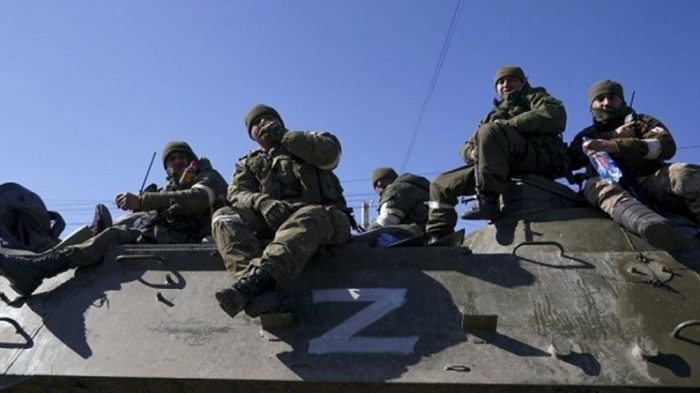
Russian occupiers include history propaganda lessons in school curriculum in Luhansk Oblast
Ukrainian Commissioner for Children's Rights and Rehabilitation Daria Herasymchuk added that Russian occupation officials punish children and parents for studying Ukrainian language and literature in occupied areas, with methods including beatings, isolation of children, and forced administration of psychotropic drugs.
While Russian authorities claim students retain the "option" to study Ukrainian language, they have simultaneously taken steps to substantially limit access to Ukrainian language instruction and disincentivize participation in what limited courses remain available.
In June, the Russian Ministry of Education published a draft order detailing plans to effectively ban Ukrainian-language education in occupied Ukraine starting 1 September 2025. The escalating punitive measures against families who choose Ukrainian education reveal the false nature of any claimed "educational choice," ISW analysts conclude.

Eight children returned from occupation: sisters bullied for Ukrainian language, boy hid from Russians
Russia indoctrinates Ukrainian teenagers for war
Once children enter Russian-controlled schools, they face another form of control: militarization programs designed to train them as potential future soldiers and instill hatred of Ukraine and the West.
In October, Crimea occupation head Sergei Aksyonov announced the launch of the "Heroes of Russia-Pride of Crimea" project at a kindergarten and secondary school in occupied Simferopol.
The project installs permanent exhibitions in schools featuring photographs of Soviet World War II veterans and Russian soldiers from the current war in Ukraine. Each photo includes a QR code that students can scan to read extended biographies of what Aksyonov calls "heroes."
Aksyonov framed the project as teaching children "proper" role models, saying these are people "who left their bright mark in the struggle for our great Motherland, who proved not by word but by deed that they are true patriots of their country."
"I believe that such people should serve as an example for the younger generation. After all, there is nothing more honorable, nothing more valuable, than serving one's Motherland," Aksyonov wrote.
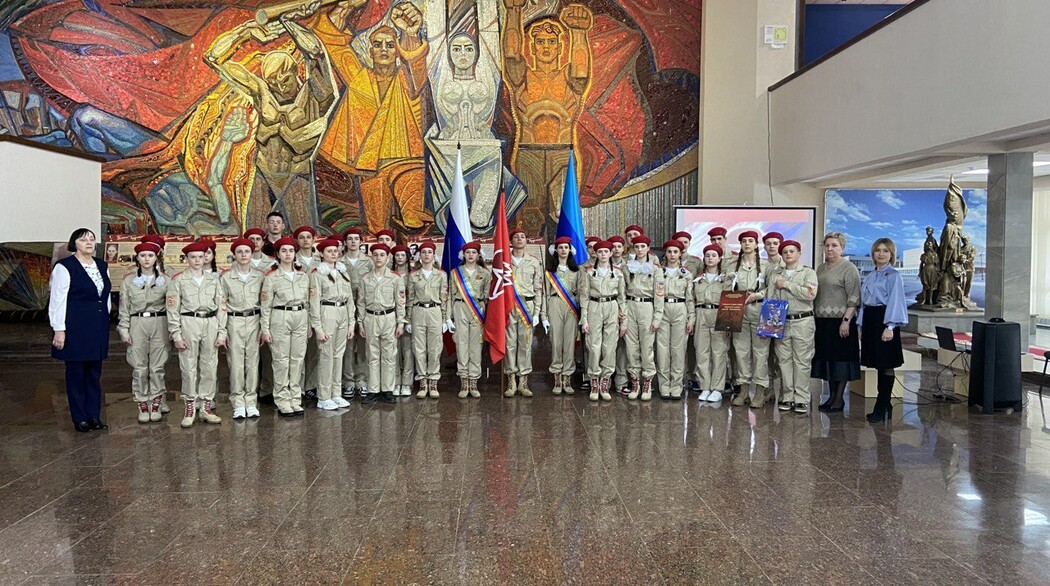
Not just deported: Moscow turns Ukrainian children into soldiers, laborers, and Russians, studies show
The project will spread to all schools in occupied Crimea as an important step in the "patriotic development" of children and to instill "personal responsibility" for Russia's destiny, according to the official.
Accompanying images showed young children in cadet-style uniforms standing next to uniformed Russian servicemen and posing with donation boxes marked with Z symbols and the Russian military slogan "We don't abandon our own."



Russian soldiers actively fighting in Donetsk Oblast are also training Ukrainian teenagers. During a three-day course in October, combat troops taught youth from occupied Donetsk how to handle military equipment, navigate battlefields, provide tactical medical care, operate in combat groups, and fly quadcopters.
These aren't retired veterans offering generic patriotic talks - they're active servicemembers passing combat experience directly to Ukrainian children.
"The purpose of such training activities is clearly to prepare Ukrainian youth for future service in the Russian military, including by disseminating to them critical lessons on the realities of contemporary warfighting," the ISW states.

Russia funds study to make Ukrainian identity illegal
While children are indoctrinated through schools and military training camps, adults who resist Russian control are prosecuted as "terrorists" and "extremists."
Russian authorities use fabricated criminal charges to silence opposition and make any expression of Ukrainian identity dangerous.
Russia is working to expand those definitions even further. In October, Zaporizhzhia's occupation administration commissioned a $68,000 study on "Ukrainian nationalist ideology" to get Moscow to officially classify it as "extremism."
Residents already face charges of terrorism, extremism, and high treason for pro-Ukrainian sentiment, which carry lengthy prison sentences. The study, however, would grant law enforcement even broader authority to criminally prosecute people of occupied areas.
This legal framework targets not only ethnic Ukrainians but anyone who doesn't conform to Russian identity. Crimean Tatars, the peninsula's indigenous Muslim population, face particularly harsh persecution.
Crimean Tatars largely opposed Russia's 2014 illegal annexation of Crimea and continue to advocate for the peninsula's return to Ukraine. Moscow views them as disloyal and uses their suppression to silence dissent and demonstrate control.
In October, the Russian Federal Security Service intensified this crackdown by targeting four Crimean Tatar women. The FSB conducted searches in four homes in occupied Crimea, detained Esma Nimetullayeva, Nasiba Saidova, Elviza Alieva, and Fevziye Osmanova, and transported them to Simferopol on charges of "organizing and participating in the activities of a terrorist organization."
Human rights activists maintained the women's innocence, stating the arrests are part of Russia's systematic campaign against the Crimean Tatar community. The FSB has historically used fabricated extremism charges to persecute the minority group and consolidate control.
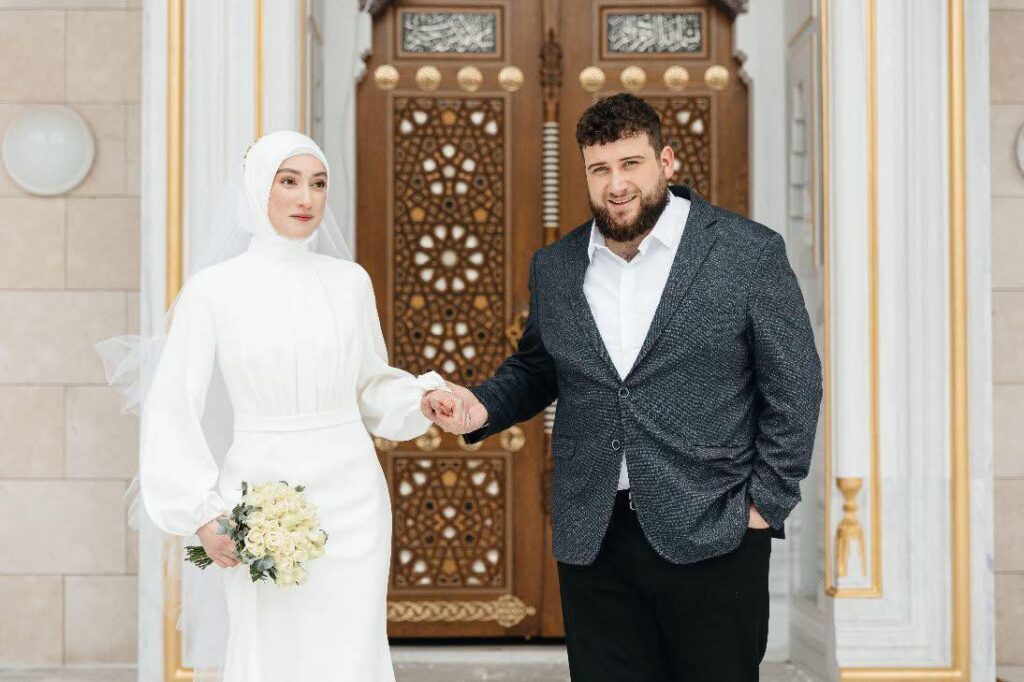
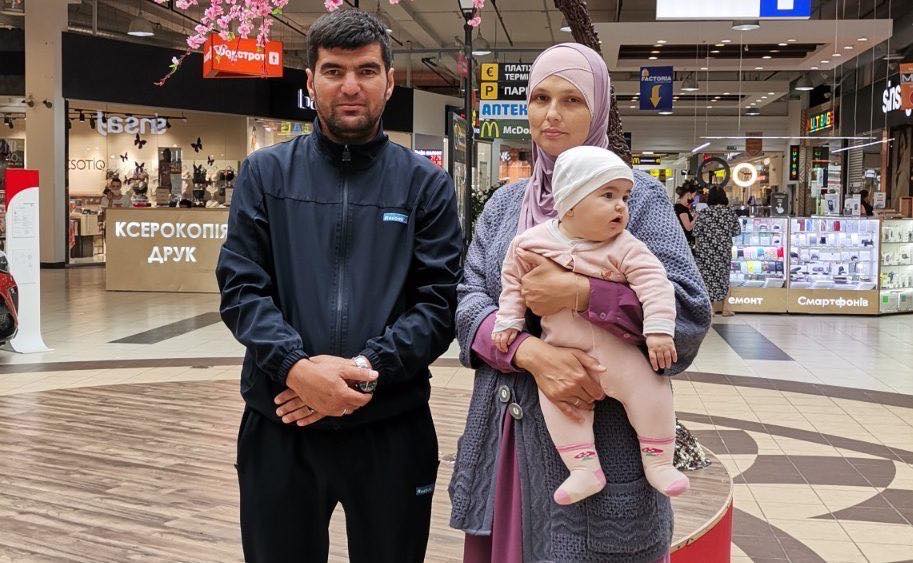


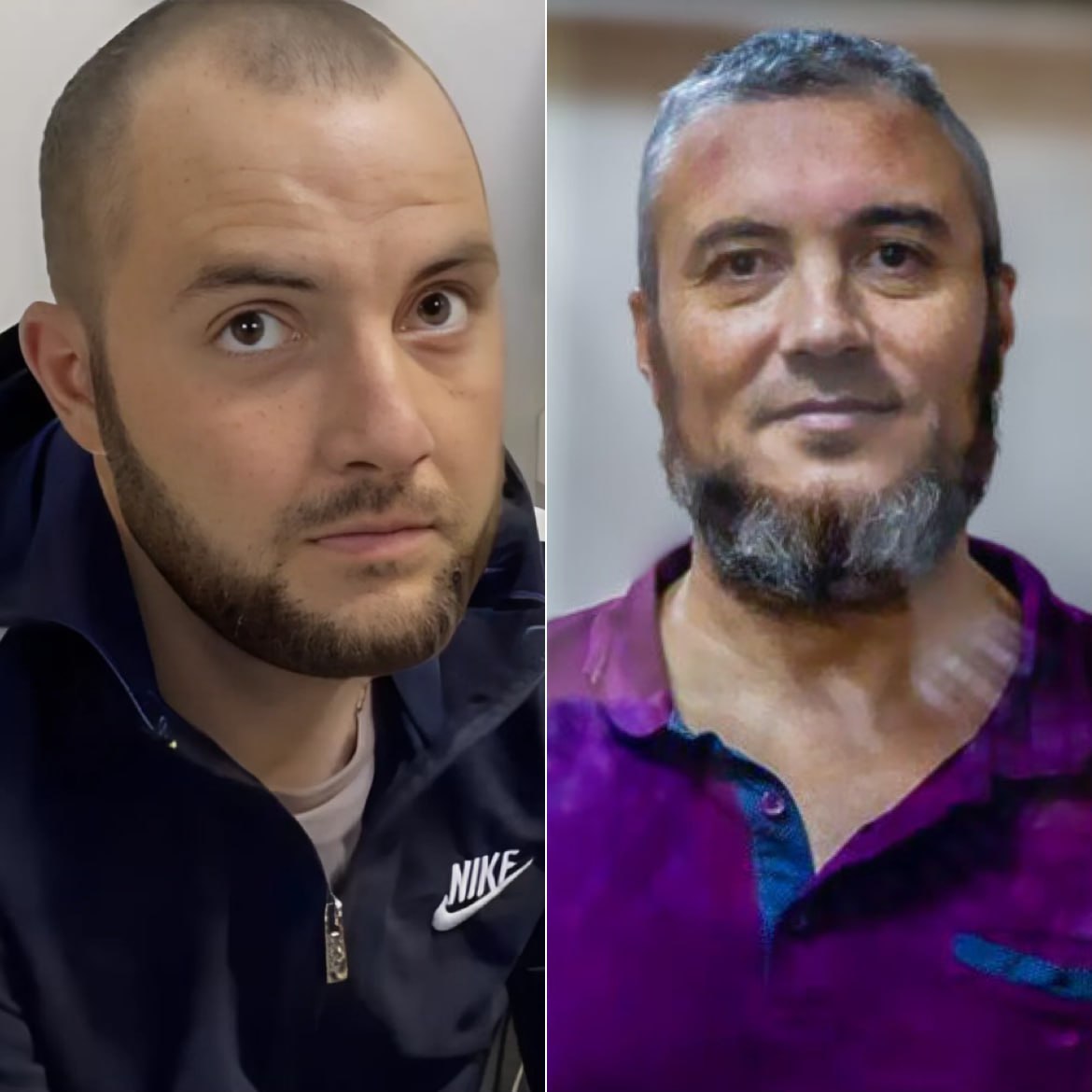
Toxic fumes and threats: Crimean Tatar political prisoners face torture in Russian detention
Occupiers steal Ukrainian homes to make room for Russians from other regions
Suppressing existing Ukrainian identity on occupied territories is only half of Russia's demographic strategy. The other half involves replacing the population itself.
Russia's full-scale invasion displaced approximately 2.9 million people from areas now under occupation and killed tens of thousands more, according to ISW. To legitimize its occupation, Russian authorities are implementing policies designed to repopulate these territories.
Russia's migration policy concept for 2026-2030, signed by President Putin in October, includes provisions to "create conditions for the return" of residents who fled occupied Donetsk, Luhansk, Kherson, and Zaporizhzhia oblasts. While the concept doesn't specify implementation methods, it likely signals financial or legal incentives aimed at convincing Ukrainian refugees to return to occupied areas.
Russia is also repopulating occupied territories by stealing Ukrainian property and giving it to Russian settlers.

The theft operates through a bureaucratic facade. In July 2022, Russian authorities invalidated all real estate documents issued by Ukrainian authorities between 2014 and 2022, stripping property rights from anyone who had purchased, inherited, or transferred property during eight years of Ukrainian control.
They compiled lists of apartments classified as "ownerless" - a category that includes property whose owners died, fled the war, or are Ukrainian citizens living abroad.

Russia legally steals 20,000 homes in razed Mariupol — then charges homeless victims for rent
Property owners have 30 days to appear in person and prove ownership. But returning requires traveling through Moscow, where Russian security services interrogate arrivals, examine social media for pro-Ukrainian content, and demand Russian passports. Any pro-Ukrainian activity risks jail, while the journey is also costly for people who have already lost their homes and jobs in the war.
Russian authorities stopped accepting Ukrainian passports in October 2022 and rejected power of attorney arrangements in April 2025, demanding only personal presence. The system is designed to prevent rightful owners from reclaiming their homes.
Russia then offers this seized property to Russians willing to relocate. A new draft law proposes allocating the "ownerless" apartments to government officials, military personnel, doctors, and teachers from other Russian regions as incentives.
Meanwhile, many Mariupol residents who survived a devastating three-month siege in the city are left homeless or moved to old dormitories. They protest to occupation officials demanding the return of their homes, but their appeals go nowhere.

Moscow forces Russian-only TV on occupied territories
Russia's control over minds extends beyond school curricula to what residents can watch and read at home. While children are taught Russian narratives in classrooms, adults—especially older people who rely on television for news—face similarly restricted information.
Russian occupation officials provided updates in October on the installation of Russkiy Mir [Russian World] satellite dishes throughout occupied Ukraine.
The Kherson Oblast occupation administration claimed it installed 20,000 Russkiy Mir satellite kits in total, while Zaporizhzhia Oblast occupation head Yevgeny Balitsky reported that 5,000 residents installed kits in the past month.
"This is 20,000 homes where the Russian language sounds, where people feel the support and presence of the country. For us, this is proof that Kherson Oblast is confidently moving toward full integration of the region into the unified digital space of the state," noted Roman Grigoriev, deputy minister of digital development and mass communications of the region.

These dishes transmit only Russian national and local channels, blocking access to Ukrainian or international media.
The Ukrainian Resistance Center warned that Russian occupation officials use the installation process to collect personal information on residents by registering addresses and personal details during installation.

“I don’t give a damn about their tribunal.” Why prosecuting Russian propagandists is so difficult
The enforcement of Russian narratives and the erasure of Ukrainian identity operates at every level—from high-ranking Kremlin officials like Maria Lvova-Belova, who openly described "re-educating" Ukrainian teenager from Mariupol, to local occupation administrations threatening parents who refuse Russian schools.
It encompasses all areas of life from children's education to property seizure and control over what information residents have access to. Opposition to Russian control risks persecution and jail, with any dissent carefully monitored.
Russia keeps pushing to occupy more Ukrainian territory despite heavy losses and minimal gains. Ukrainian defenders have held the line for years. Wherever Russia establishes control, it imposes its rules, history, language, and traditions—suppressing the Ukrainian identity that existed before. The battle for Ukraine's sovereignty persists.
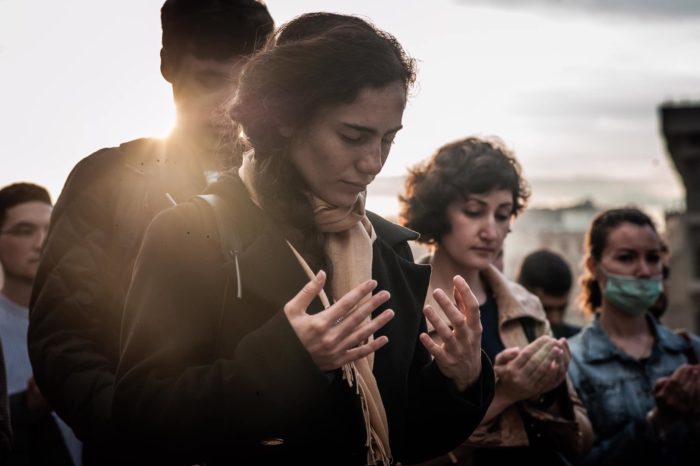
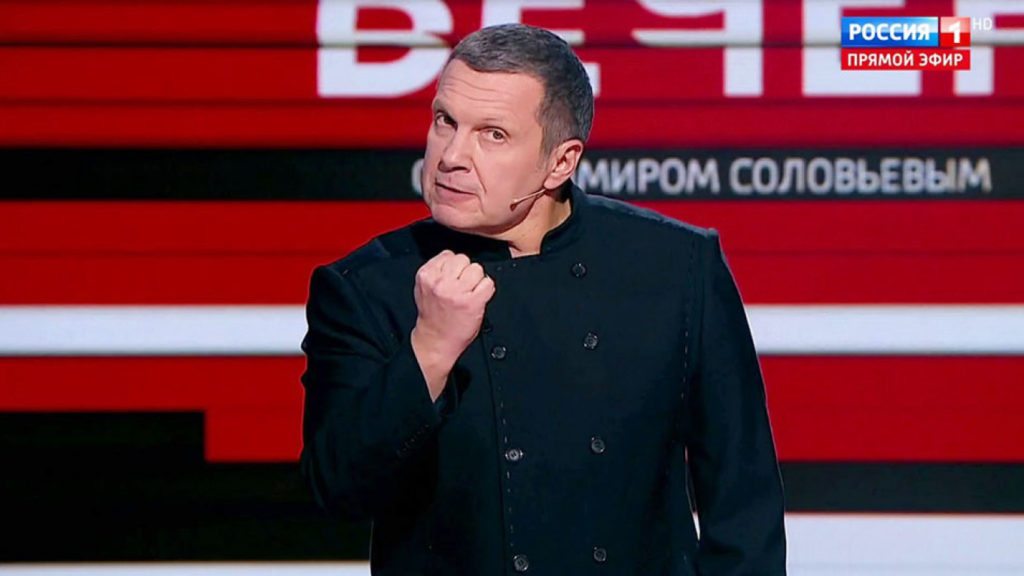
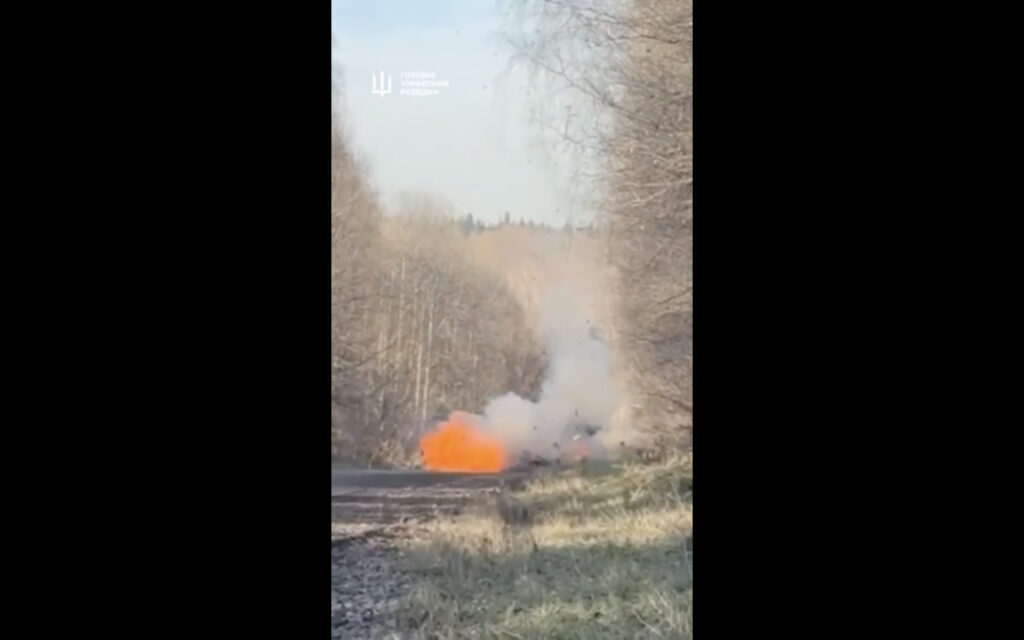

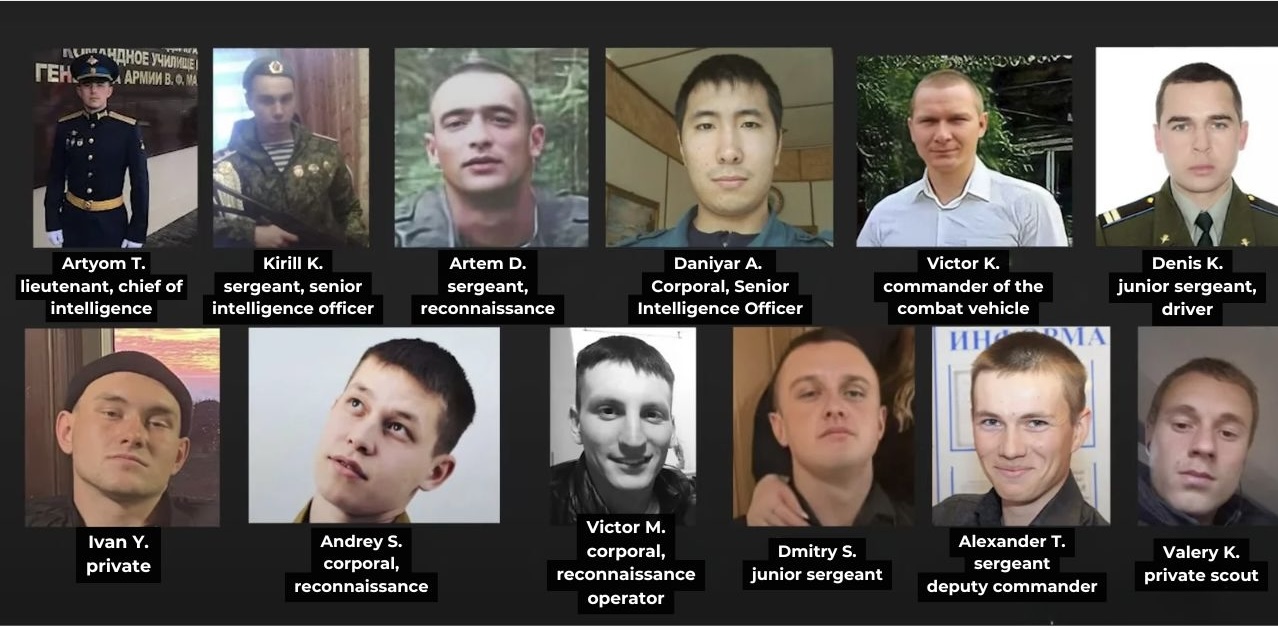
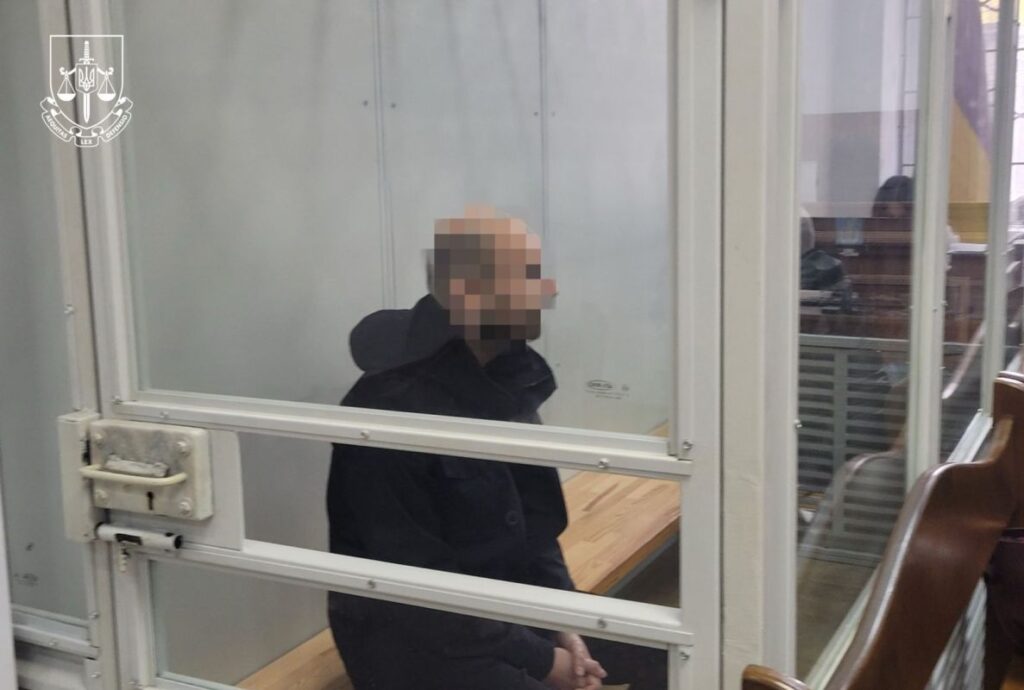
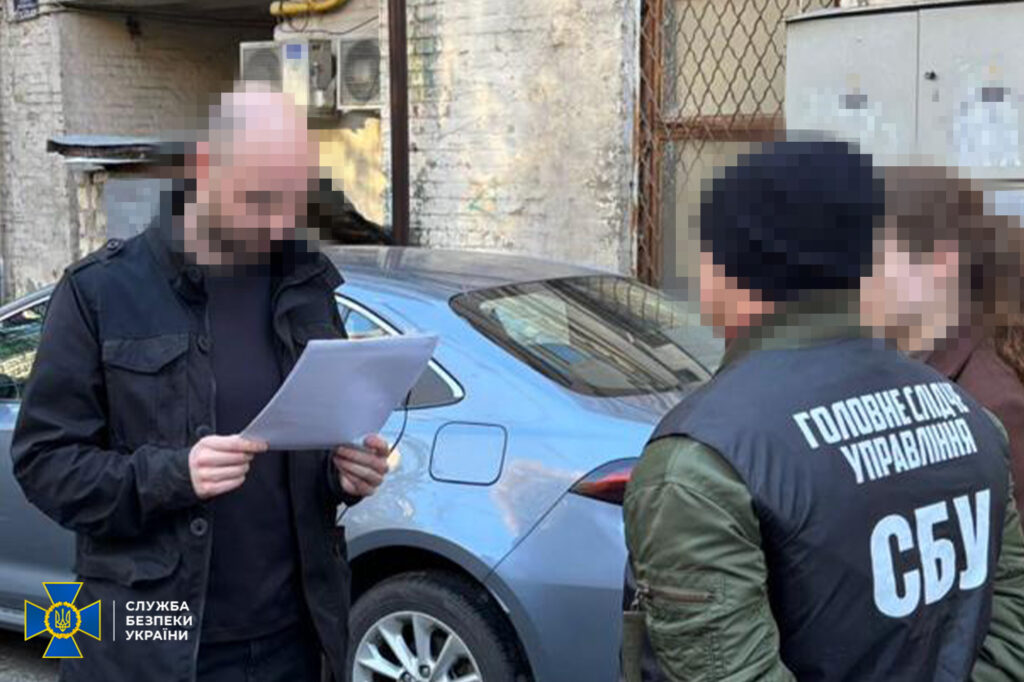
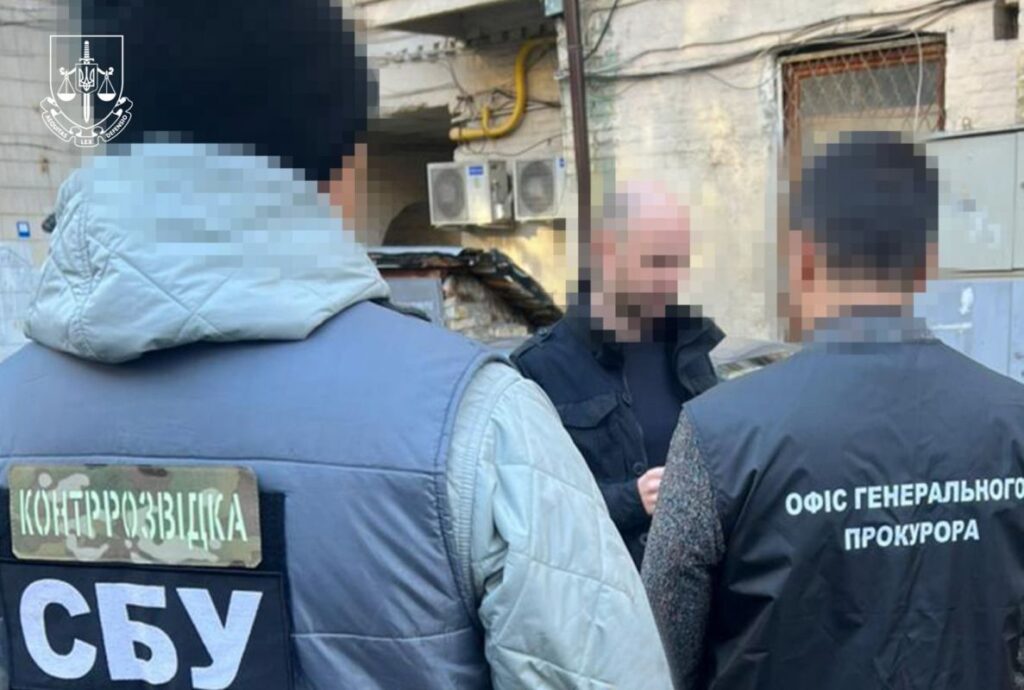
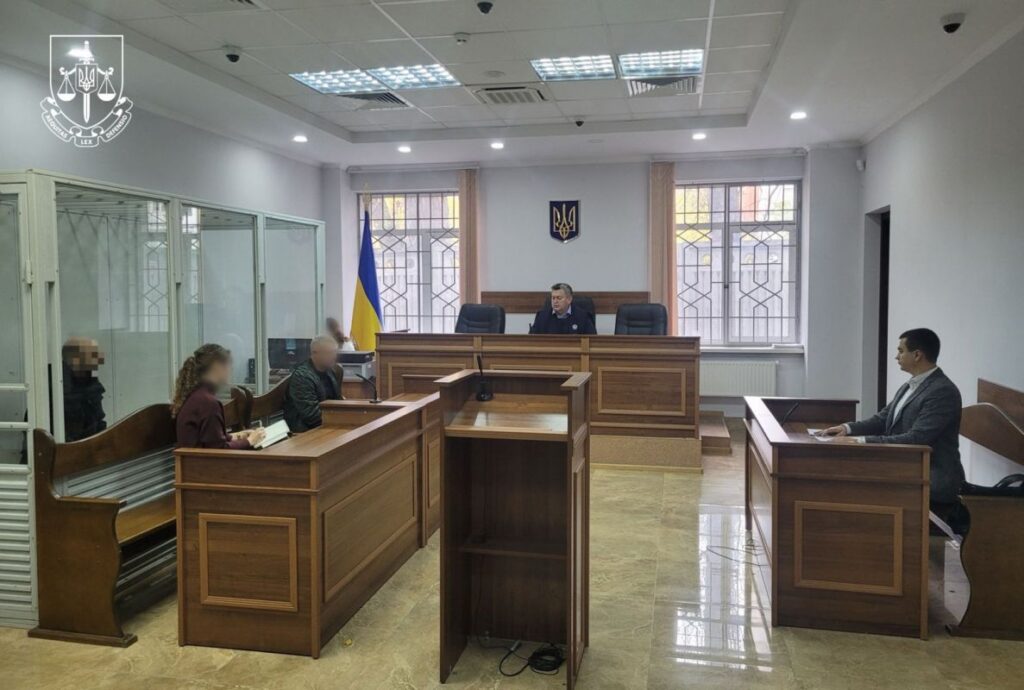

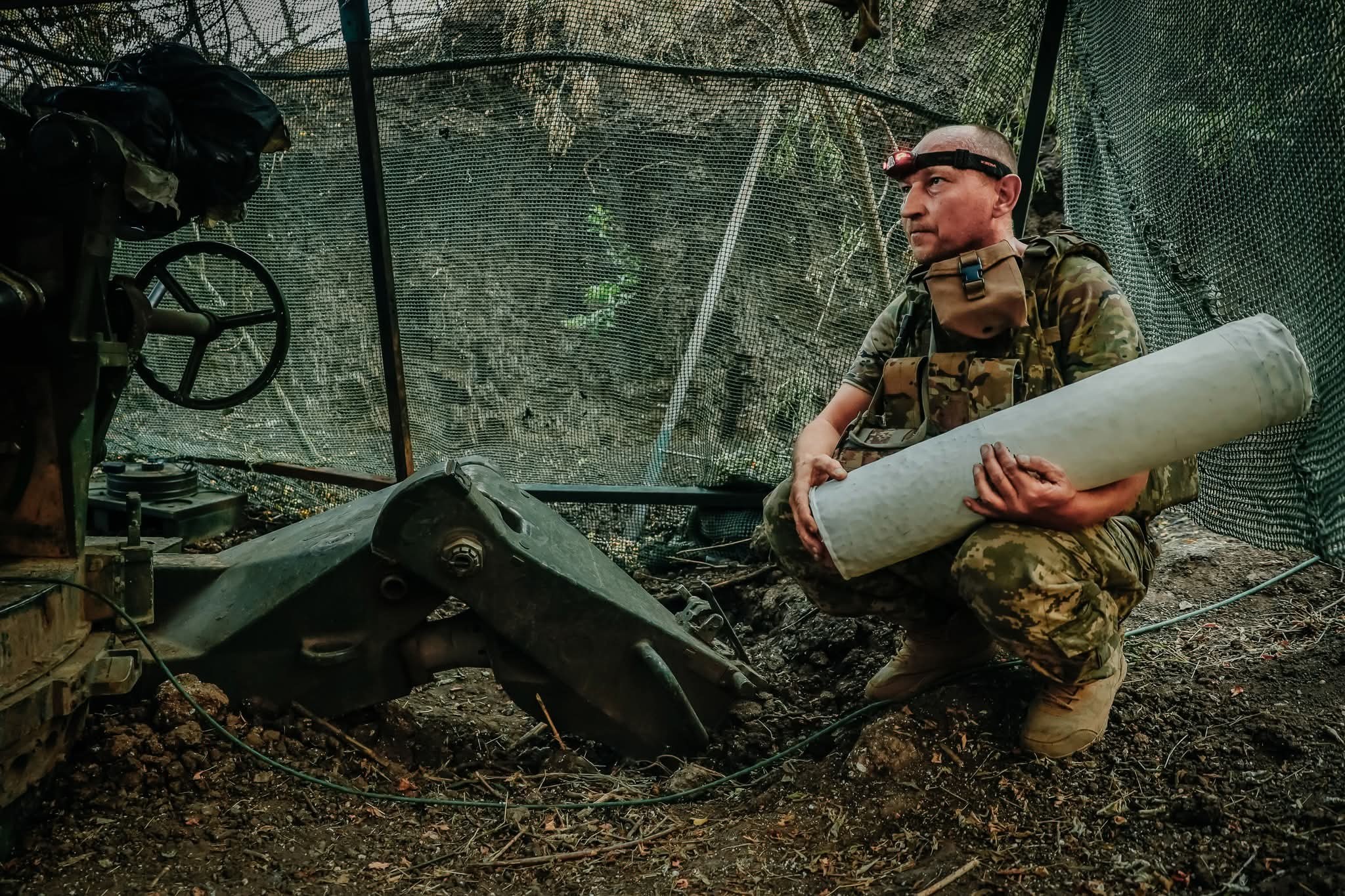
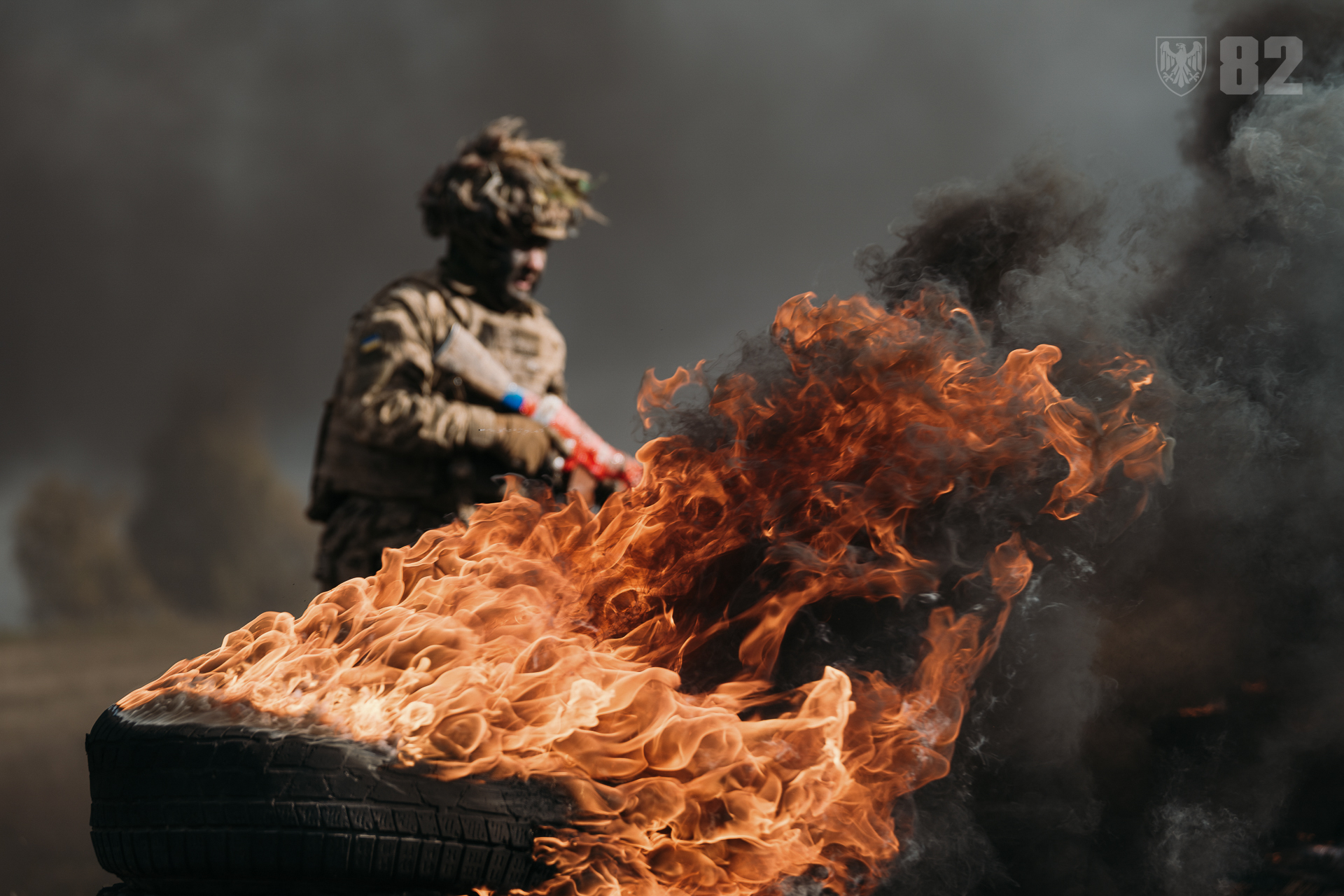
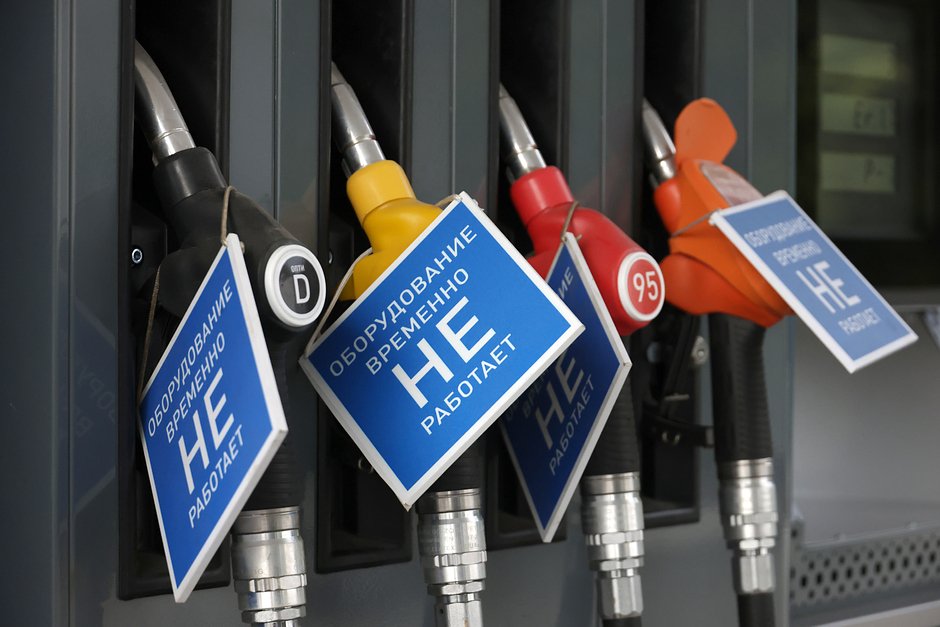








 Exilenova+
Exilenova+ 
 Exilenova+
Exilenova+ 







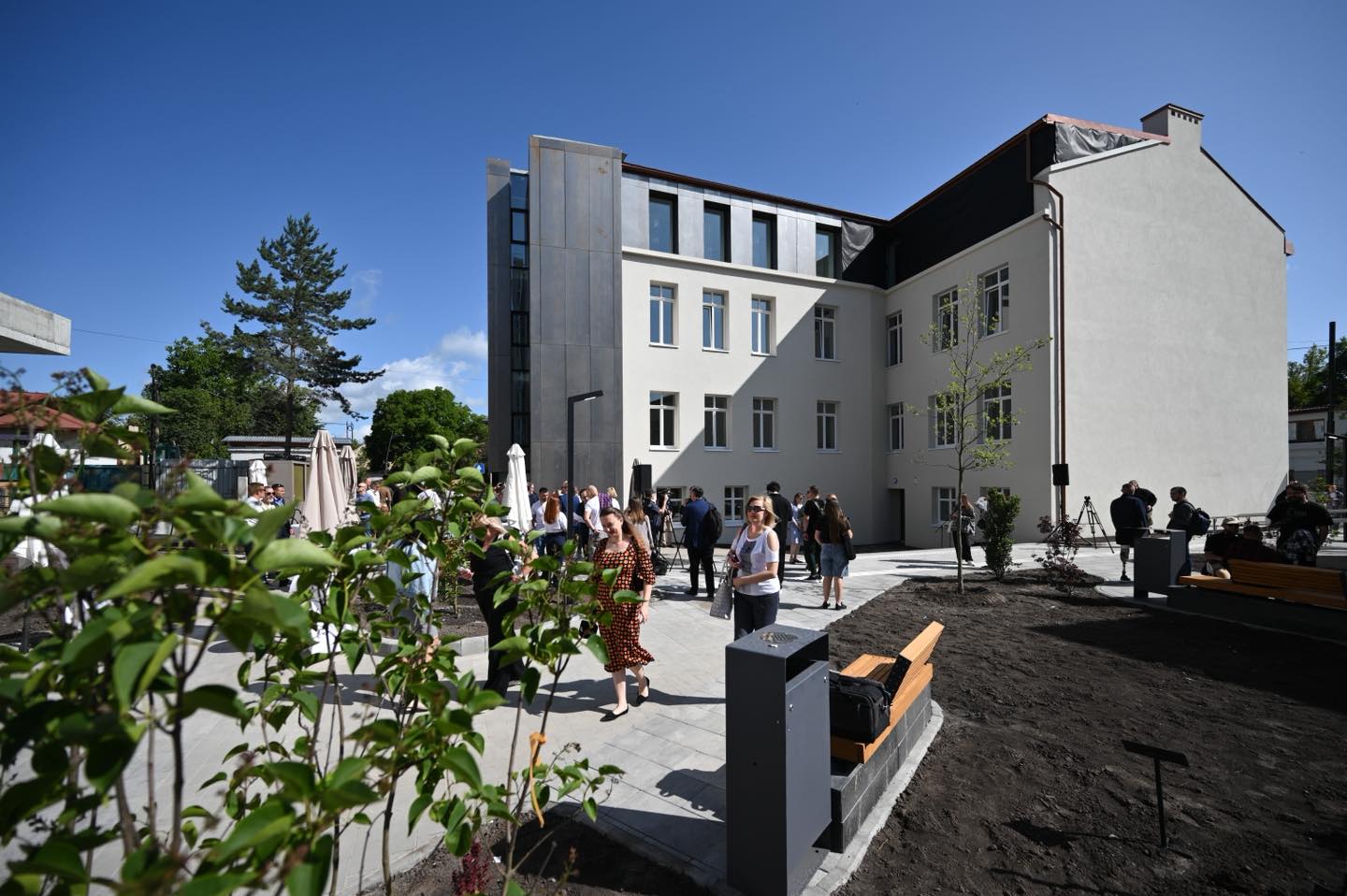
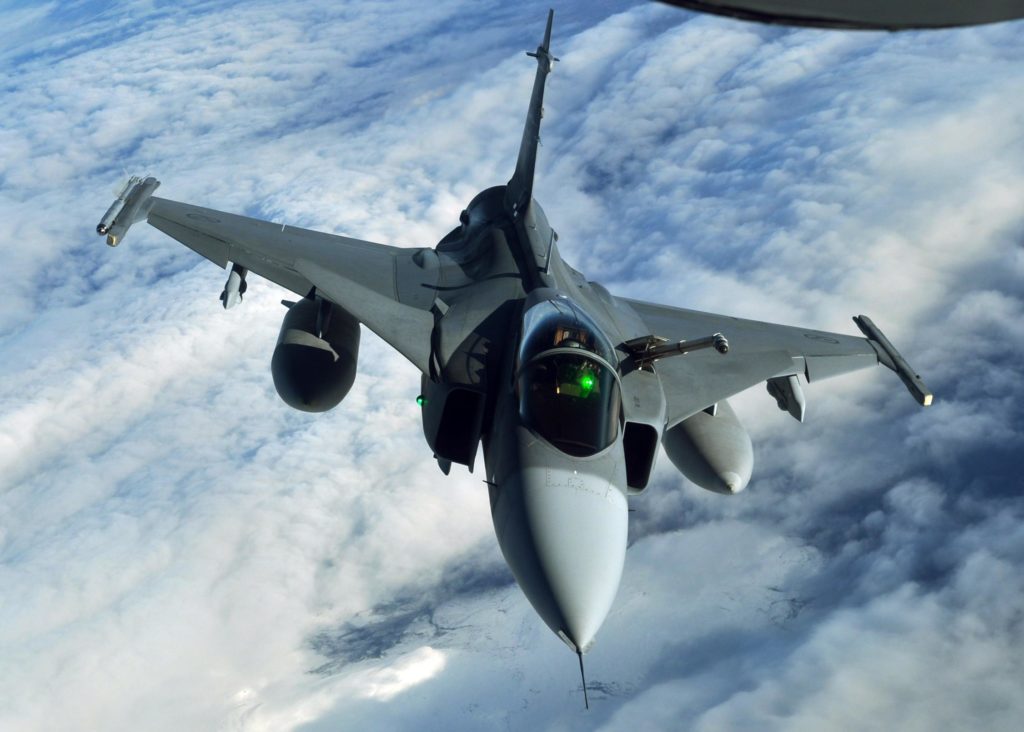
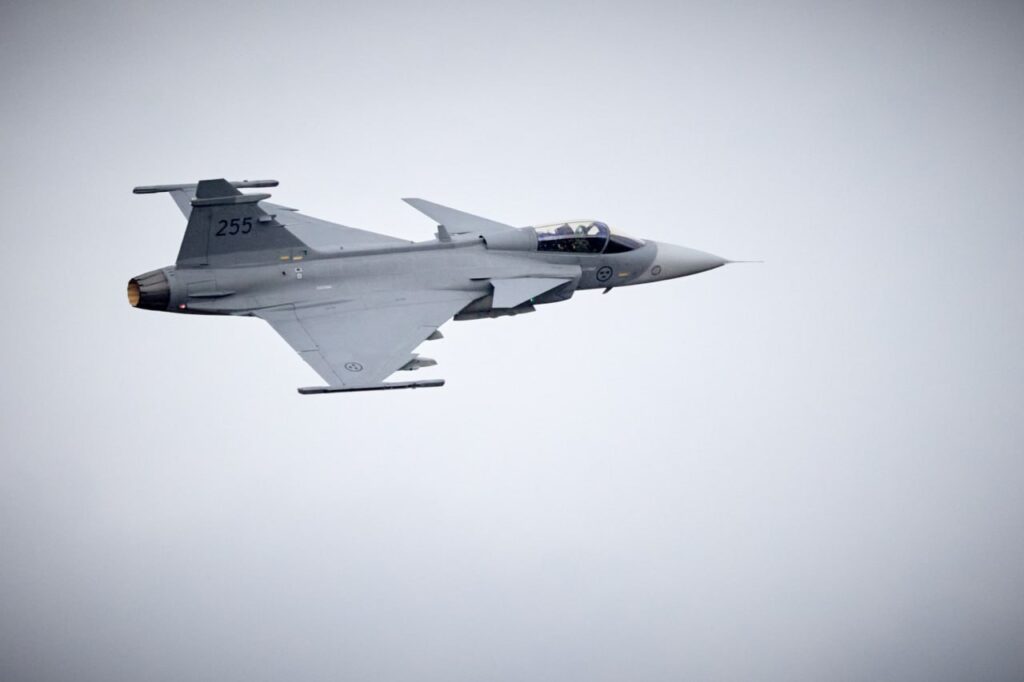


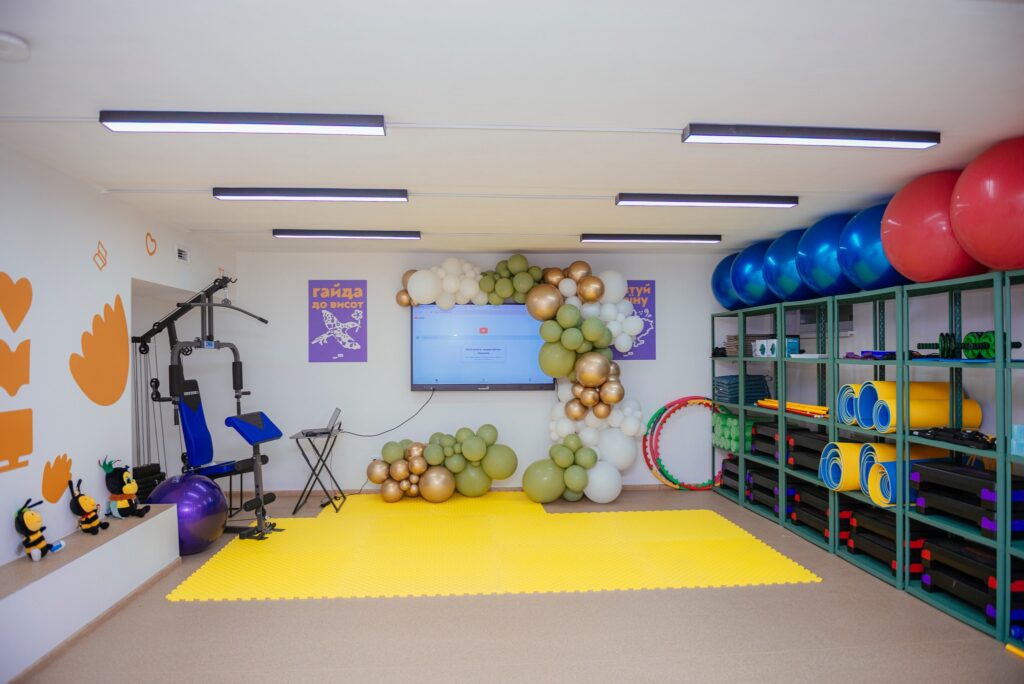



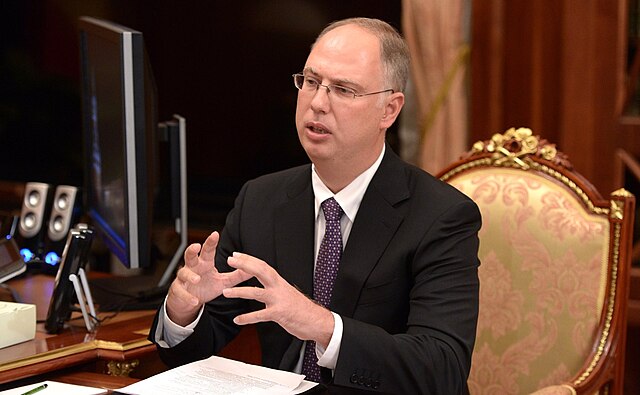
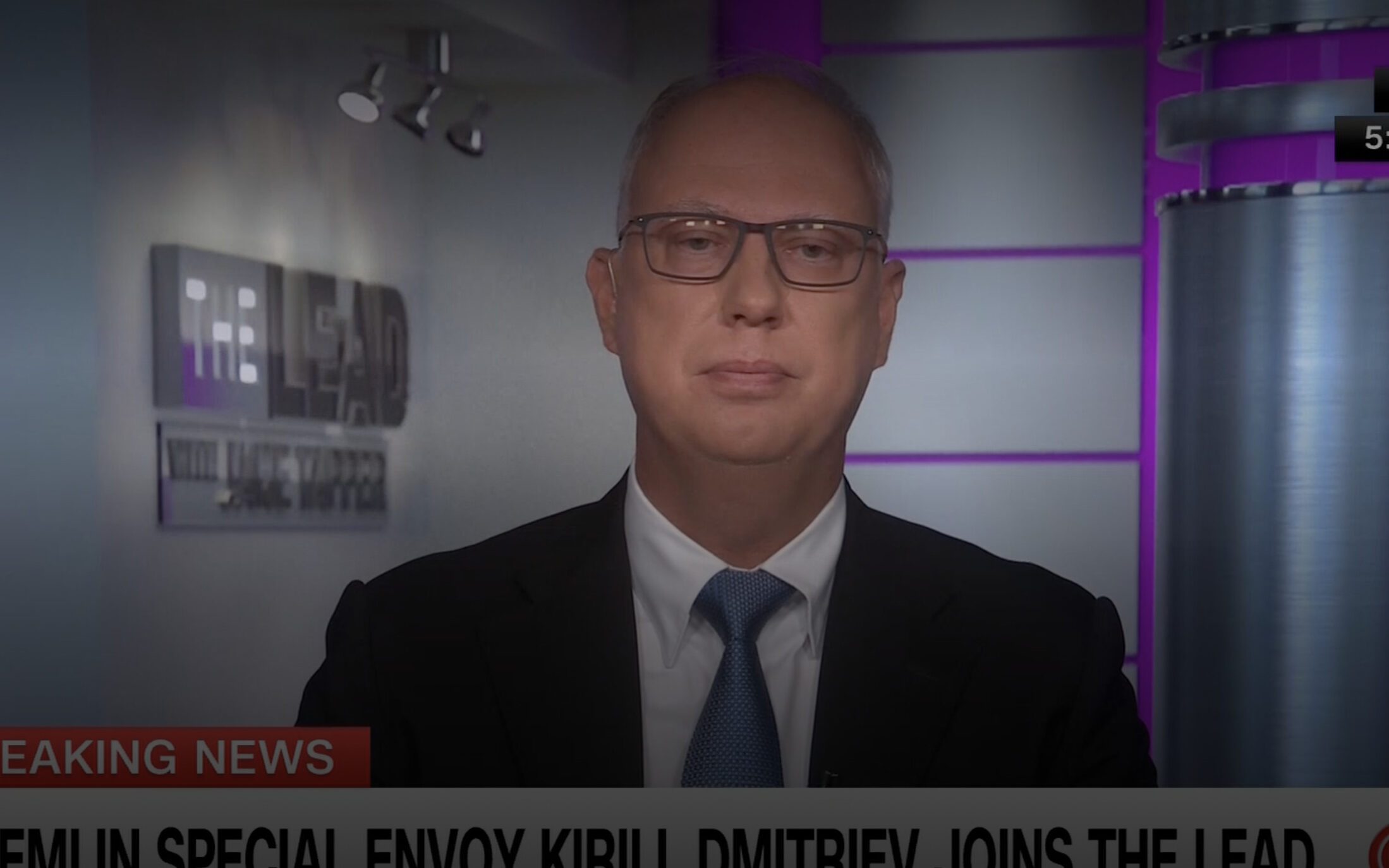


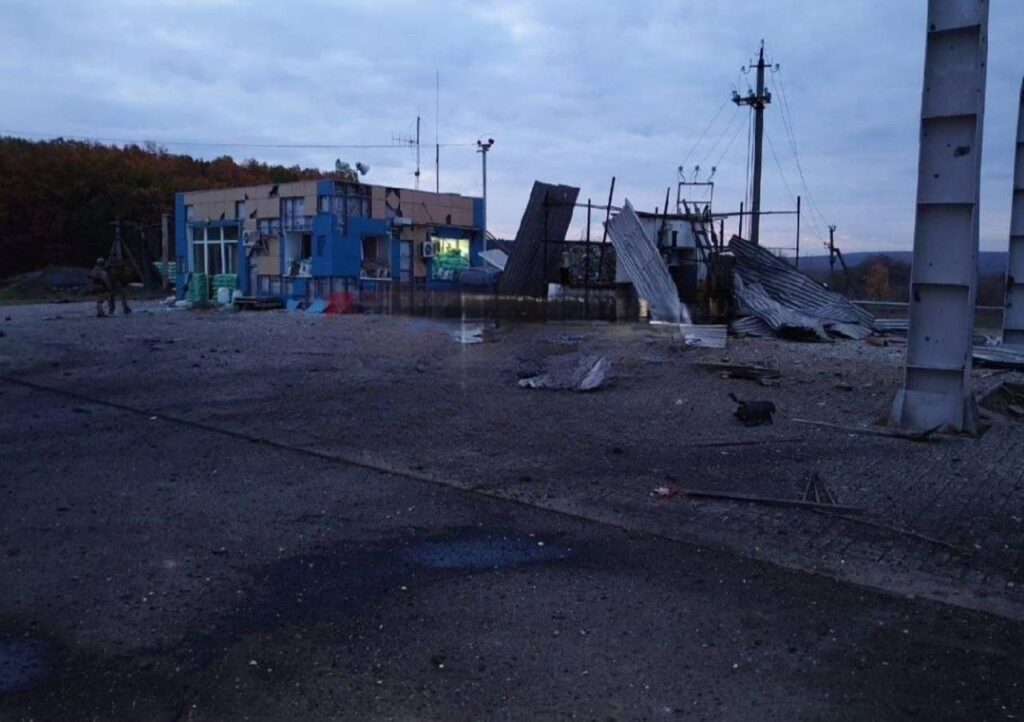
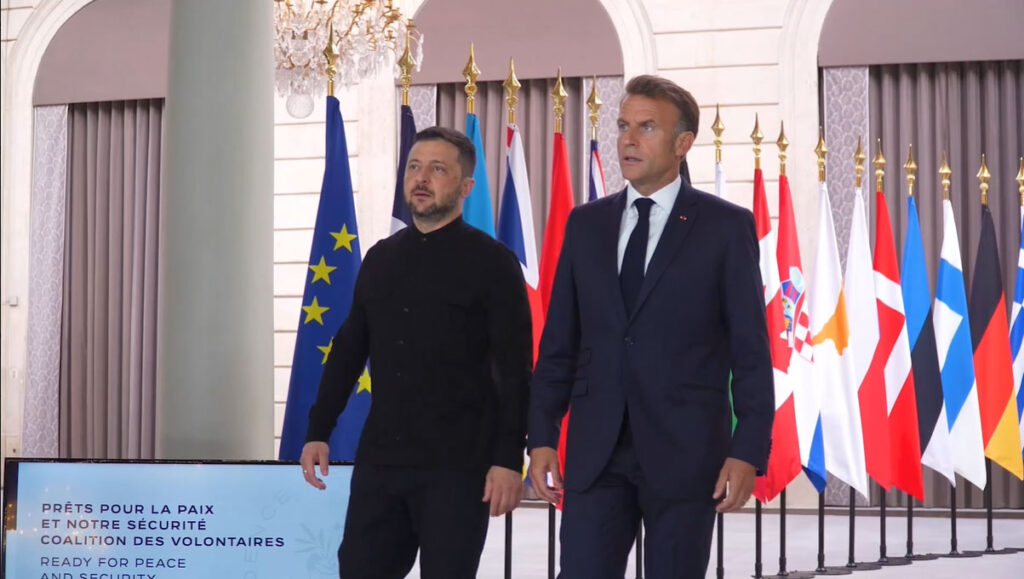



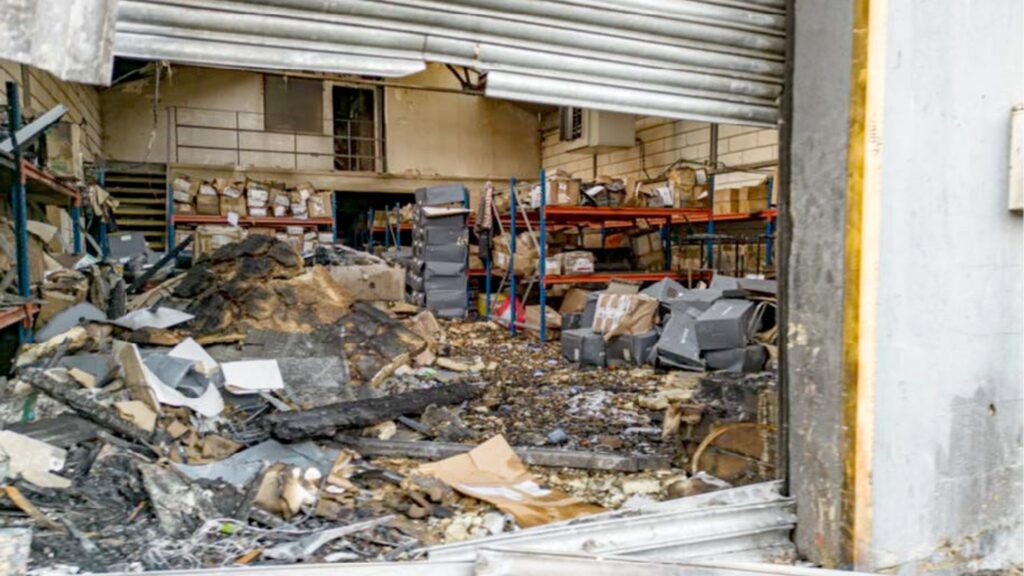
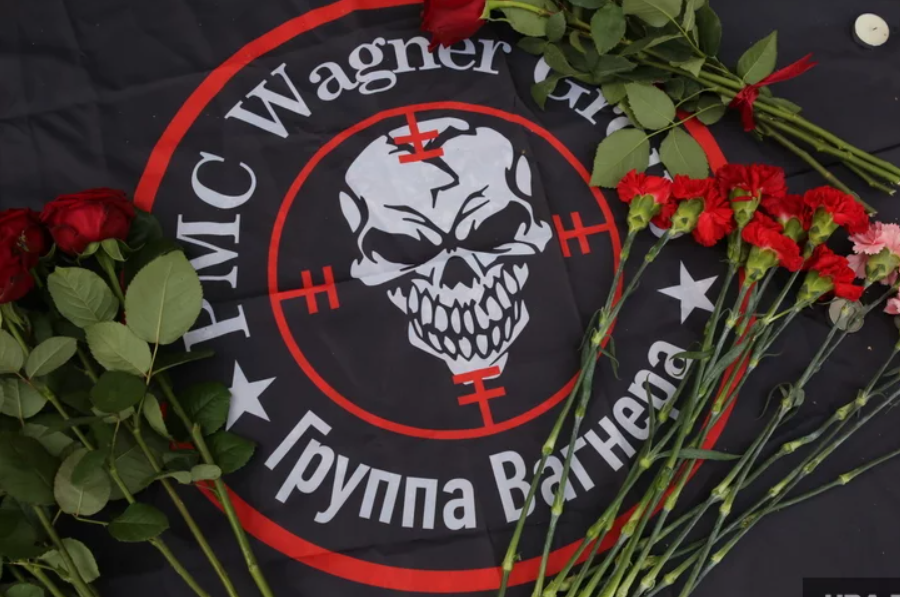

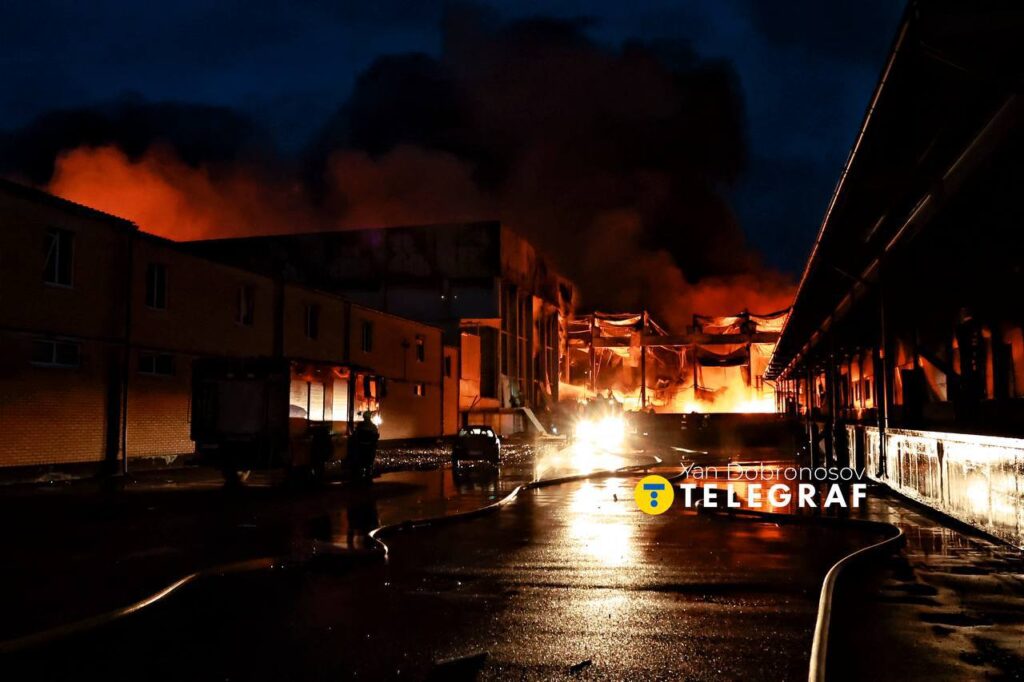


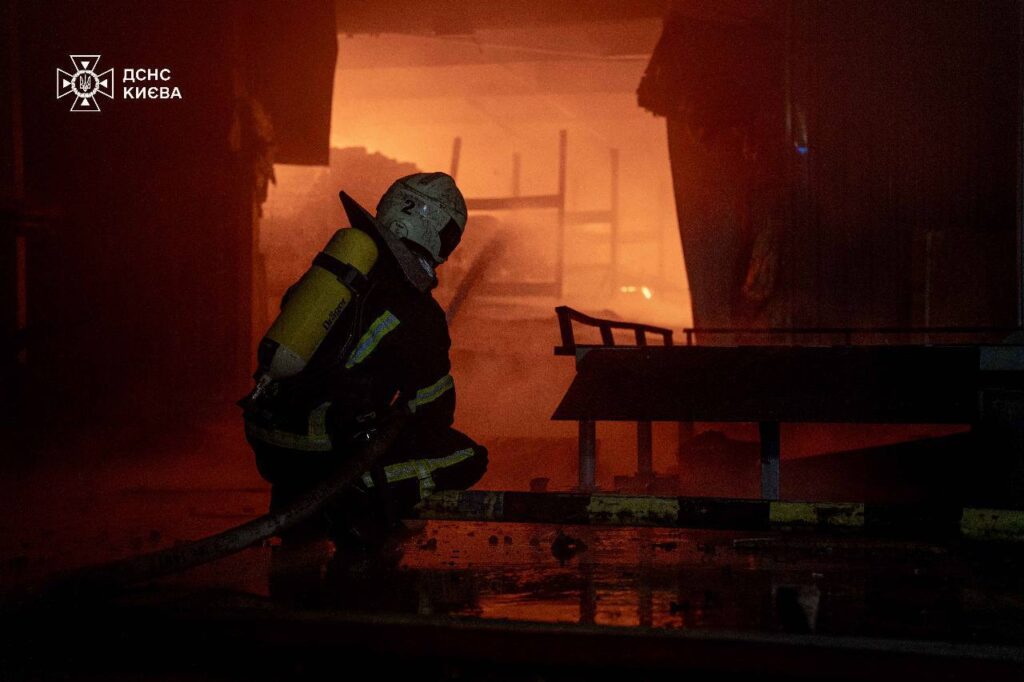
 1 person killed
1 person killed

